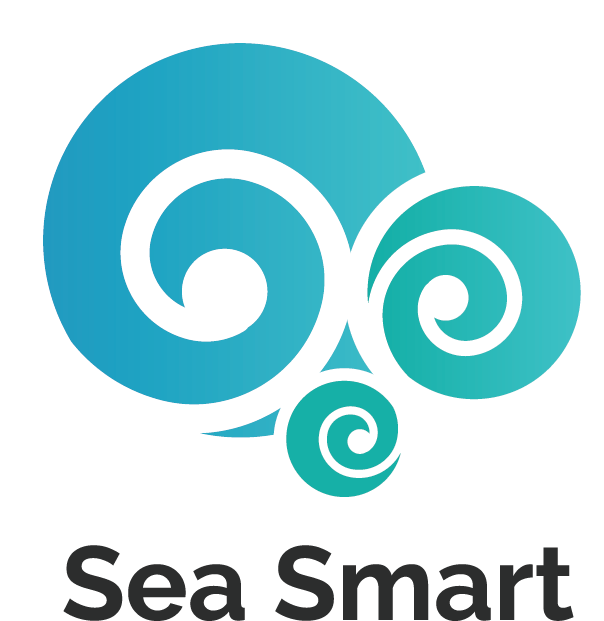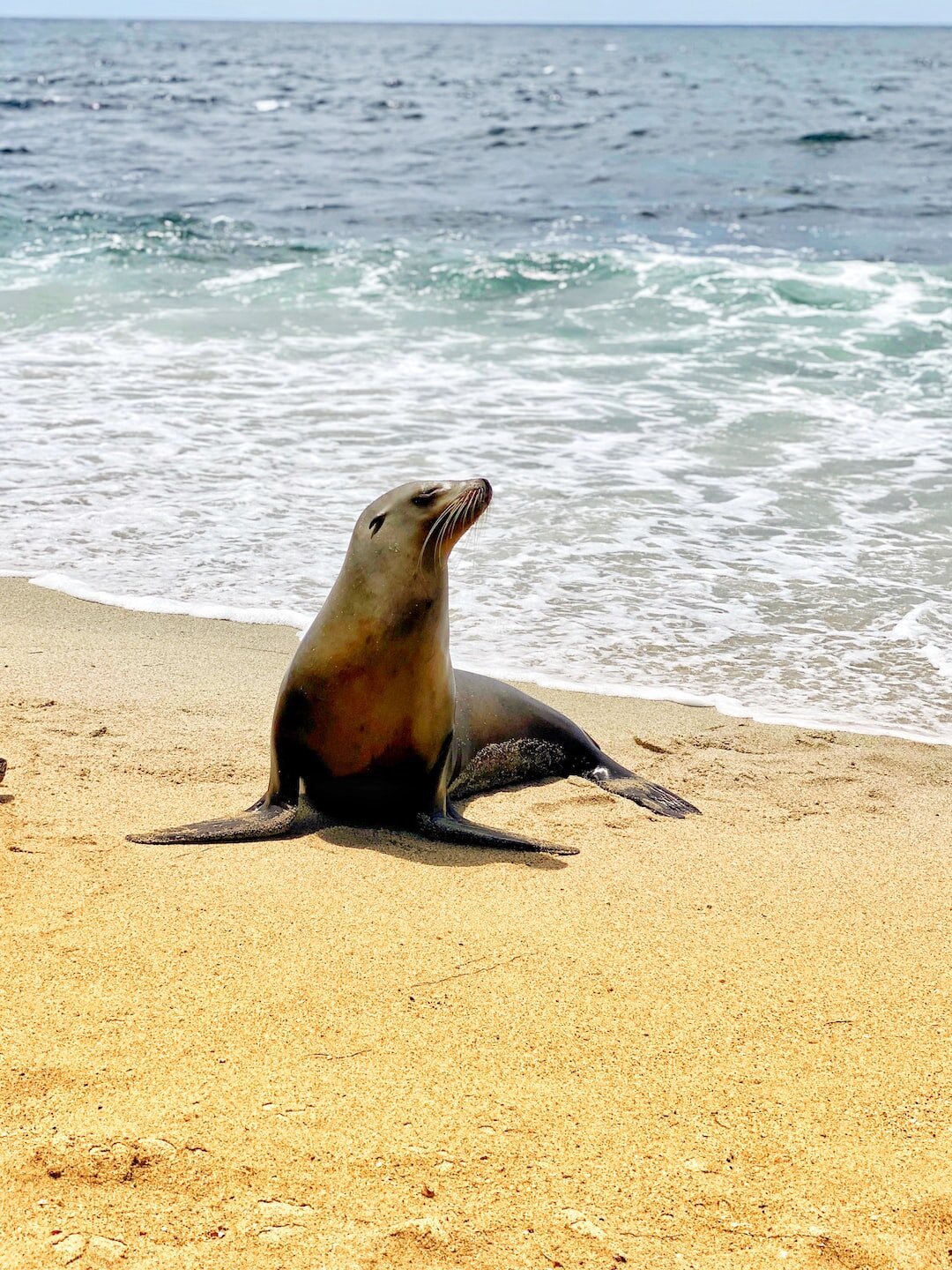
Species at Risk school programs
Looking for ways to foster environmental stewardship in your students?
Program Summary
Learn about endangered ocean species such as Southern Resident Killer Whales, Steller Sea Lions, Leatherback Turtles, Pacific Salmon, and Basking Sharks - and what we can do to help them.
1-2 hour workshop
BC Curriculum connections for Kindergarten - Gr 3
$200 - $250 for up to 30 students
Species at risk school programs
Get your students excited about saving the sea!
This is a hands-on and solutions-oriented programs to motivate your students to find tangible ways to protect our ocean and the creatures that live in it.
Topics include: Southern Resident Killer Whales, Steller Sea Lions, Leatherback Turtles and Basking Sharks, Killer Whales, Pacific Salmon (Chinook, Coho, Sockeye), Eulachon, White Sturgeon
Program information
1-hour workshop for K-Grade 1
2-hour workshop for Grades 2-3
Content is designed to align with BC Curriculum for K-Grades 3
We recommend no more than 30 students so all can engage in class discussions
Students work on a project to raise awareness and take action on freshwater pollution
Pricing: $200 for K-Grade 1
Pricing: $250 for Grades 2-3
This price includes up to 30 students, *each additional student or non-chaperone adult is $10 each.
Program outline
-
Students will be provided with an introduction to the focus species and the threats they face. Students will be engaged in discussions.
-
Students will develop and implement their action projects, while collecting data on their projects' impact and creating a short presentation for the final workshop. Projects can include: Raising awareness (spreading information about species at risk through print, technology, or by mouth) Reducing carbon footprint or plastic waste (e.g. organizing a bike to school week or litterless lunch campaign)
-
Before Workshop 1:
Confirm dates and classroom information with Sea Smart. Print out any required materials as instructed by Sea Smart via email.
Before Workshop 2:
Divide your students into about 6 groups and have them start brainstorming their projects if they wish. Sea Smart will provide a list of example projects to choose from in Workshop 2.
Before Final Workshop:
Provide students with the time needed to work on their projects, implement them, and create a presentation to communicate the impact results of their project.
Have students complete a student survey and complete our feedback form.
Teachers have the option of using a rubric to mark projects during the final workshop.
-
Actively participate in group and class discussions and activities during each workshop.
Research, plan, and implement their Youth Action Team projects, while tracking data to show the impact of their projects.
Develop a presentation to communicate the results of their project.
Present to their classmates, teachers, and Sea Smart staff.
Depending on the nature of their project, students may just show their project as part of their presentation (e.g. skit, art display, poster, etc).
Complete worksheets and surveys.
How does this program help?
Teachers and students
Your students will work on real project with tangible impacts
Scaffolded project-based learning
Curriculum connections for Science, ADST and the Core Competencies
Experts in the classroom allow students to connect with people actually working in the field
Species At Risk
The real-world solutions proposed are taken right for the Recovery Strategies for SAR proposed by DFO
Student impact projects highlight everyday solutions that make a difference to species’ survival
Students gain a sense of environmental purpose and can take pride in the changes they can make in their communities
Virtual or in-person delivery
Educators will connect with classrooms with live workshops delivered via video conference, or through in-person workshops in your class. These sessions are fun and engaging, designed to encourage critical thinking, personal awareness and social responsibility.
Apply for a program!
We also offer school programs on many other ocean-related topics and issues!
Want to take learning to the next level?
Your students can go beyond the classroom to participate in a shoreline cleanup near the Salish Sea with Sea Smart*
*Shoreline cleanups delivered by Sea Smart are only available to schools in the Lower Mainland. There are limited spots available offered on a first come first served basis.







